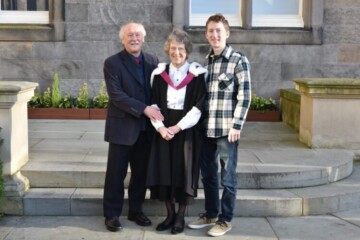
One of the last of St Andrews ‘lost medics’ awarded degree after 53 years
One of the last of St Andrews’ ‘lost medics’ has marked her 75th birthday by finally graduating with the medical degree she began at the University 53 years ago.

One of the last of St Andrews’ ‘lost medics’ has marked her 75th birthday by finally graduating with the medical degree she began at the University 53 years ago.
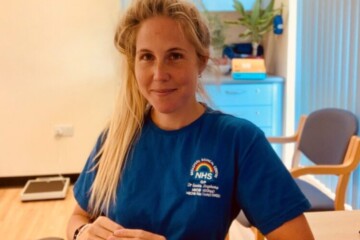
Injuries sustained by civilian victims of blasts and ballistics incidents could be key to providing future emergency responses.
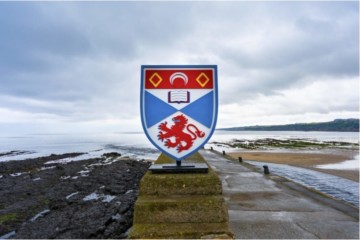
In the largest genetic study of dyslexia to date, scientists identify a series of DNA variants linked to dyslexia.
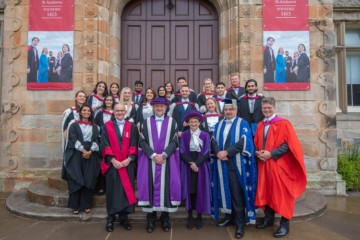
The first medical students to graduate at St Andrews in over 50 years received their degrees today (Friday 17 June) in the Younger Hall.
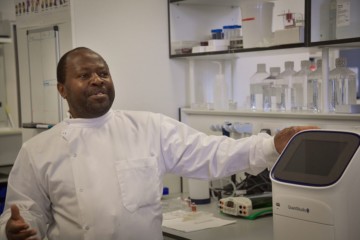
The University welcomed academics from Ghana as part of the British Council-funded Innovation for African Universities programme to stimulate the bioscience sector across Sub-Saharan Africa.

More than 88% of research carried out at St Andrews is world-leading or internationally excellent, according to the results of REF 2021.
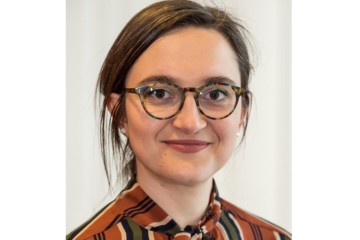
Dr Muge Cevik will deliver the keynote address at the Conference on Retroviruses and Opportunistic Infections (CROI).
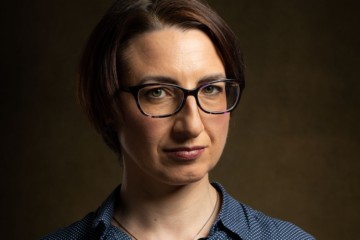
A project to help understand the genetic basis of dyslexia and learning difficulties has been awarded a grant from the RSE.

Scientists from the School of Medicine will play a key role in a global partnership to accelerate the development of new TB drug regimens.

Patients’ sex and gender are being confused by doctors at the risk of reducing the effectiveness of treatment.